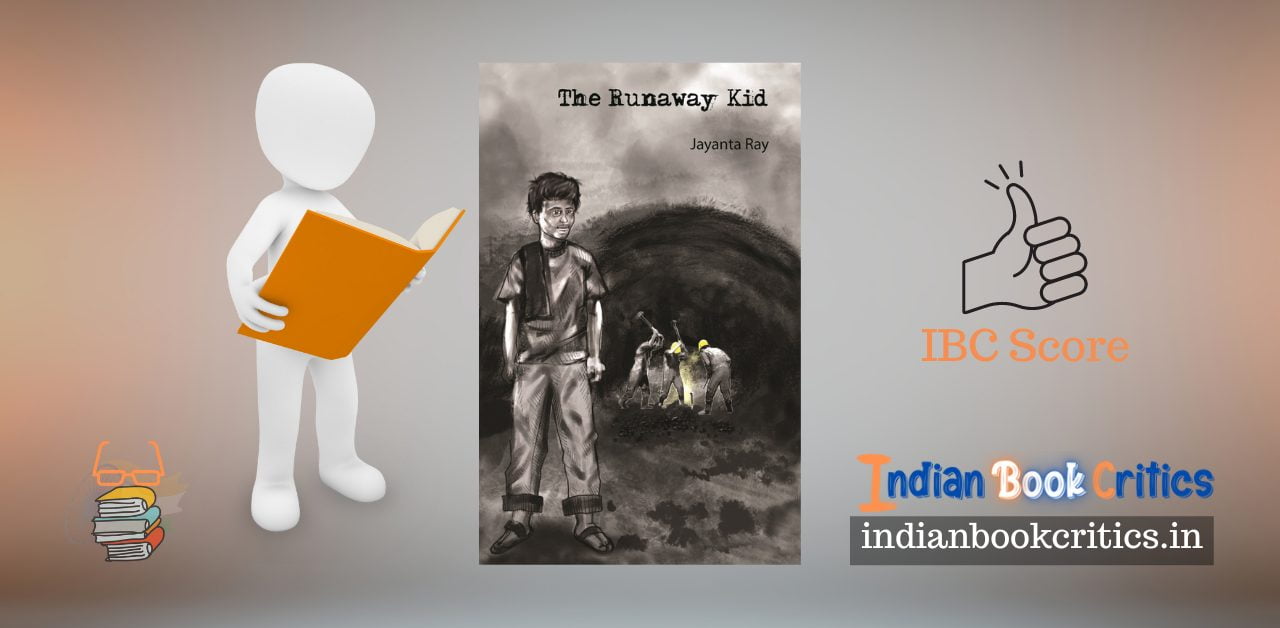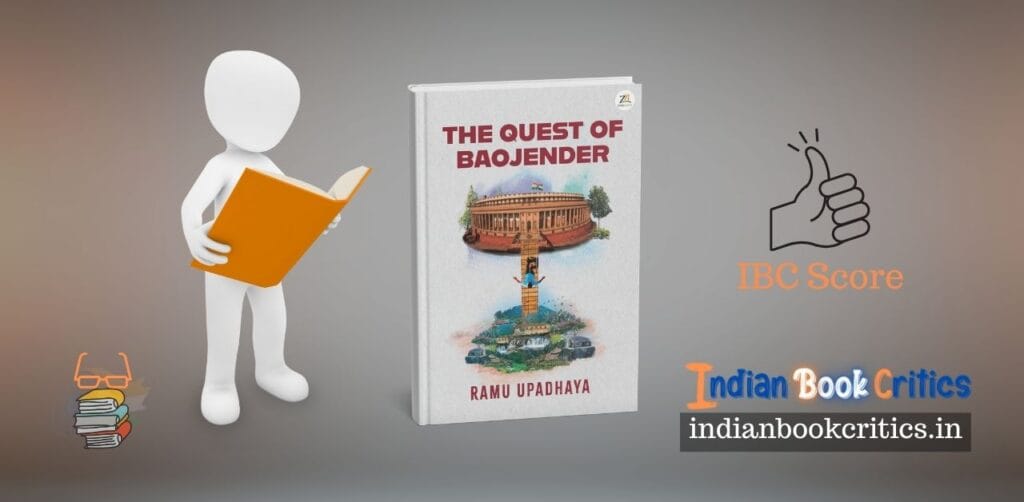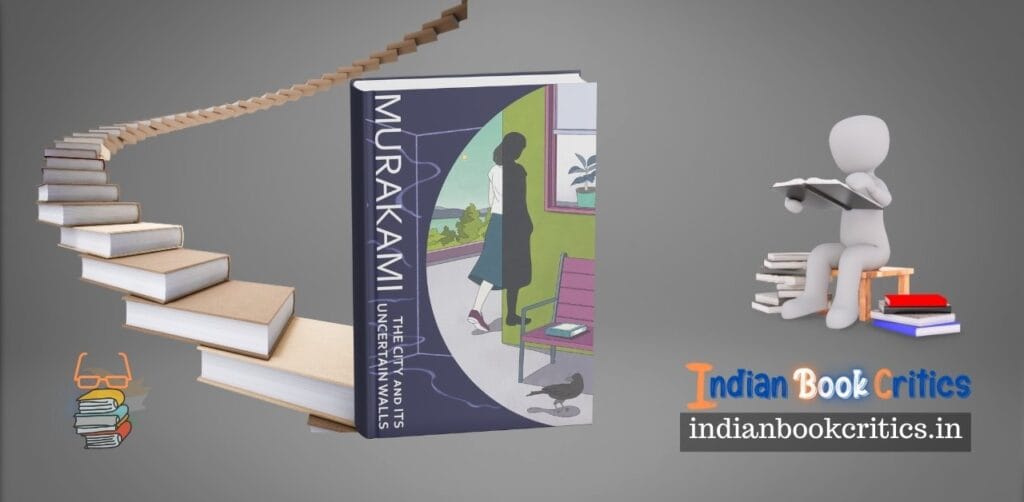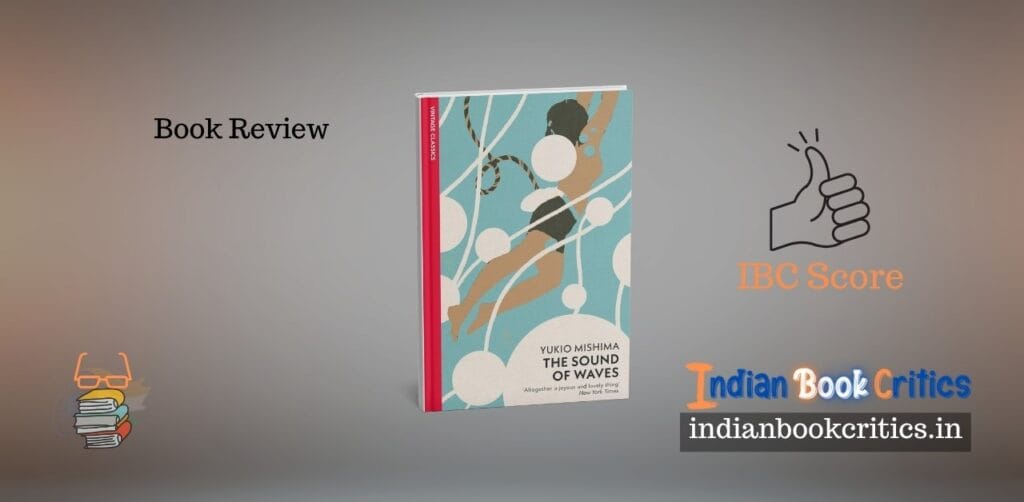Imagine Bihar of the 70s! Famous for its poverty and amicable people, Bihar has been notorious for the criminals of the first rank. It has seen it all. A recent publication by Jayanta Ray, The Runaway Kid, compelled me to ponder the conditions of Bihar, yet again. However, this time, it was different from the usual ones. This time, it was a character, and his story, that guided me.
The Runaway Kid is a novella by Jayanta Ray. Though I would say it has more than enough pages to get out of the novella bracket and sit in the novel’s bag, the author insists, in the introduction, it’s a novella. Set in the early 70s of Bihar, the story has too much to offer. The title of the novella ‘The Runaway Kid’ has fixed itself wonderfully as the anchor that shows any reader a glimpse into the work, even without reading it. Bhola, the protagonist, keeps running from his actions, for a settled life, for achievements, and finally for something bigger than his goals and fears – for the good of the people, poor people. However, does he stop running? Does he settle down? You will find your answers in the course of the storyline. It’s an interesting story, enough to keep readers glued to the book, to be sure.
The story deals with bonded labour, the mining mafia, sexual exploitation and loan traps for the labourers. And there is no denying these things existed in different forms once upon a time in India, more so in Bihar. Coal mines and the story are still told with the same vigour. Bhola cannot bear the weight of seeing his mother being sexually exploited by the influential landlord, and attacks him. However, it is he who has to run away from the village because his mother fears for his life.
He heads straight for Jharia to find some work there. However, fate demanded something else, and he landed in a local landlord’s house in Dumka, where he fell into the trap of sexual exploitation of himself. Landlord’s sexually deprived wife zooms in on Bhola’s youth and exploits him for her satisfaction. Once again, Bhola unhooks himself from the fangs of exploitation and runs away. He reaches Jharia and finds a job in the local tea shop. As a surprise, this time, he gets a good, sincere and kind employer. Working in the tea shop and meeting with different people daily, mostly the labourers working in the coal mines, Bhola comes to know the exploited conditions of the poor labourers. He also develops a friendship with Ajoy, an accountant in the Jharia coal mines. And then, the angry young man of the seventies rises and demands justice for those who could seldom speak for themselves! Bhola fights for the rights of the miners. And the story becomes interesting, thereafter.
Broadly, the story deals with forced labour, including sexual exploitation of the workers, which was a usual reality in those days of bounded labour. The regional government decided to ignore these anomalies (because of reasons we can conjecture). The novella uses the current sociocultural context to have a look at the reality surrounding labour conditions. The conditions, nevertheless, have been reformed to an extent; major upliftment may still have to be done on the ground!
Technical and Critical Insights:
The language of the book is standard. By standard, I mean it is better, polished and sophisticated, something that we miss in the majority of literature by contemporary Indian authors (writing for a young audience). The author has excellently used metaphors. Right from the title to the rainbow, as a harbinger of hope and aspiration, you could easily find symbols in direct and indirect expressions in the course of the story. What I like about this book is the realistic way of storytelling. Jayanta Ray has tried to be plain (and candid) throughout, offering the readers a realistic experience of the story. The novella goes deeper into the problems of bounded labour and mine workers who have been the subject of wrongdoing and sexual exploitation. Loan and debt traps, sexual exploitations, poor living conditions, dead hopes and aspirations, and no scope for future generations – the story of the compelled ones in its raw form! The work also depicts the popularity of a local tea shop beside the coal mine. The story captures how the zeal of two young men can lead to resistance for the mining workers to quit alcohol and not apply for a loan to come out of the vicious cycle of poverty. However, philosophical pathos is widespread in this work. It is, I am compelled to believe, for readers who can look beyond the usual tales many love these days. Serious readers of literature will like the book a lot!
Conclusion:
It is a story of hope and happiness. Despite being trapped in many vicious cycles, Bhola never gets dissatisfied with his life and always looks to locate the positive thing. Being the protagonist, the author has been gracious with this character. Bhola sets an example of how you can be satisfied with your life and look for the betterment of others while you have nothing. The symbolic and significant involvements of Bhola with the tea stall and the accountant are the key takeaways from the novel for me! Mamlets turn in a bonus for Bhola, while he may never have wanted that. These small details say many things about the novelist’s art of storytelling!
If you are looking for a serious literary gateway this weekend, the novella is the right destination! Get a copy of The Runaway Kid today, and you can make your weekend just perfect! All the best!
Get a copy from Amazon India now – click here to buy one.
Review by Amit for Indian Book Critics
The Runaway Kid by Jayanta Ray – Book Review
- IBC Critical Rating
Summary
A novel for those who understand the importance of reading, the art of writing and the value of literary traditions… Jayanta has poured the raw emotions, thoughts and actions together in flux to create this amalgam that works!





1 Comment. Leave new
Reminiscent of the old Bihar… perhaps this is what people might remember that furthered into the jungleraj concept!